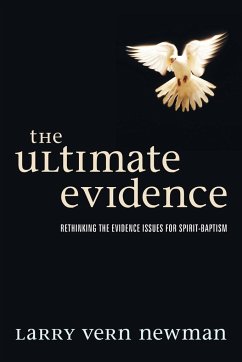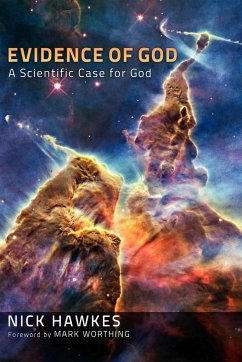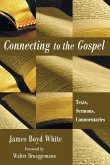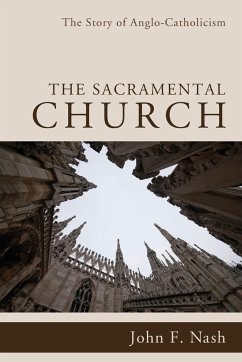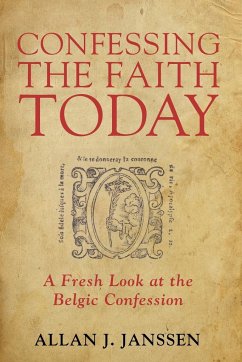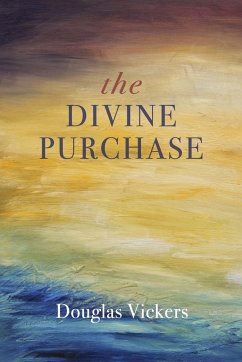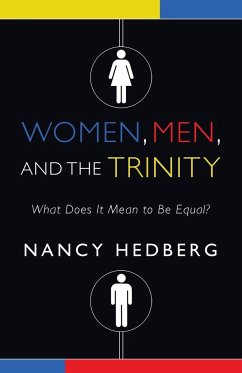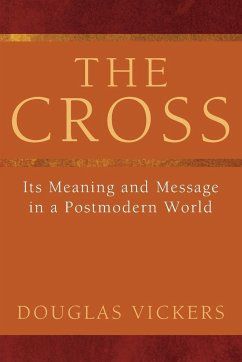Description: It is quite an assertion to claim that one is filled with the Spirit of God. What does a person offer as proof that this is actually true? Pentecostals at the turn of the twentieth century read the Bible, debated the issue, and then proposed an evidence they thought the scriptures indicated was the primary verification of Spirit-baptism. It was determined that the evidence to prove one had been baptized with the Holy Spirit was that the person had spoken in an unknown language as prompted by the Holy Spirit. The primary evidence of Spirit-baptism, it was concluded, was the expression of a charism. It was charismatic. In The Ultimate Evidence, Larry Newman argues that the initial evidence doctrine, as it stands, is inadequate and needs to be revisited and adjusted. Without discrediting or devaluing speaking in tongues, Newman points the reader to the ultimate evidence of Spirit-baptism: the more excellent way. Gathering from historical, cultural, and biblical sources, Dr. Newman argues that the biblical evidential paradigm is ethical and issues forth from the agape of the Cross. It is the ethical dimension of the Christian life that is primary. In 1 Cor 13:1 Paul wrote: ""If I speak in the tongues of men and of angels, but have not love, I am only a resounding gong or a clanging cymbal."" Endorsements: ""This book can be welcomed as another sign of the new spirit of self-criticism among younger Pentecostal scholars. It sharply challenges several traditional assumptions associated with the Pentecostal movement and proposes a new hermeneutic that will lend credibility to the real distinctives of Pentecostalism."" --Donald Bloesch About the Contributor(s): Larry Vern Newman is Professor of Church Growth & Renewal at Columbia Evangelical Seminary. He holds a DMin from Fuller Theo1ogical Seminary. He was ordained by the Assemblies of God in 1966 and has pastored churches in the West and Midwest.

